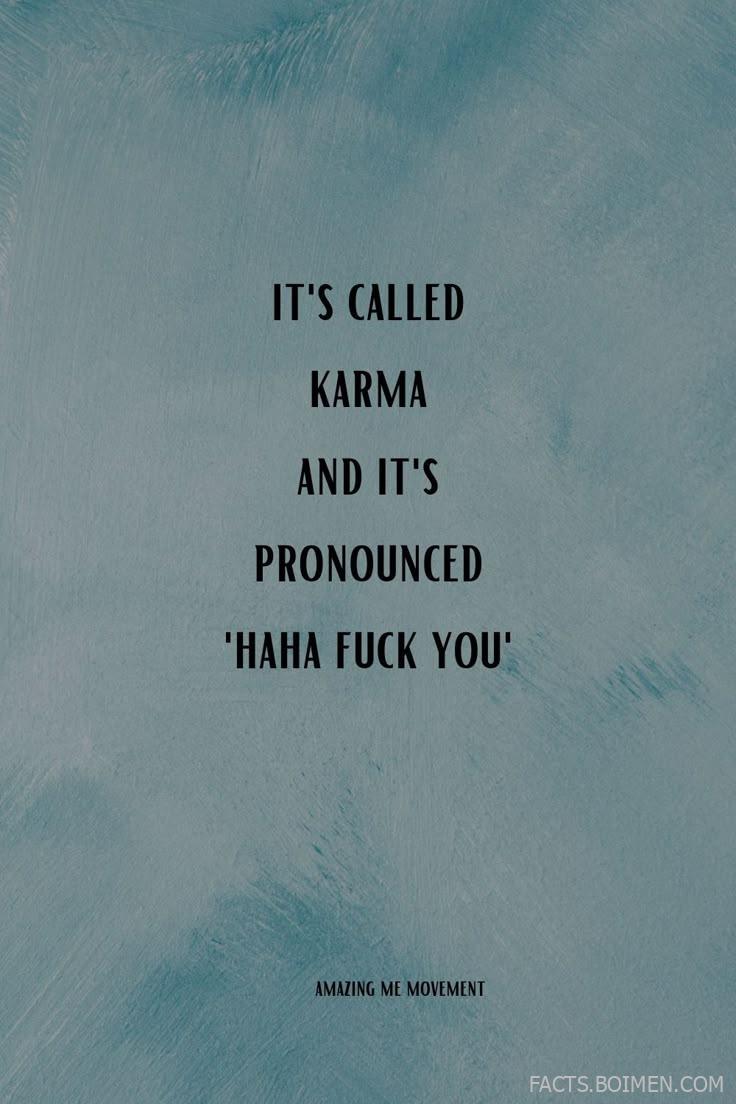Advertisements
Introduction
Have you ever caught yourself daydreaming about a perfect future, replaying conversations you never had, or building entire fake scenarios in your head? Maybe you imagine winning an award, meeting your celebrity crush, or even arguing with someone who wronged you. Recently, a viral post claimed: “Imagining fake scenarios in your head is a mental illness.”
But is that true? Or is it just another internet exaggeration? Let’s break it down.
Why People Imagine Fake Scenarios
First of all, imagining fake scenarios isn’t always a bad thing. In fact, psychologists say it’s a normal human behavior tied to creativity and emotional processing.
Here’s why people do it:
- Coping mechanism → imagining better outcomes for stressful situations.
- Wish fulfillment → picturing a dream job, relationship, or future success.
- Problem-solving → rehearsing what you’ll say in an interview or debate.
- Creativity boost → writers, artists, and even business leaders rely on imagination.
So if you imagine fake scenarios in your head, congratulations—you’re human.
When It Becomes Something More Serious
Here’s where the viral claim comes from: excessive daydreaming can sometimes be linked to a psychological condition called maladaptive daydreaming.
What is Maladaptive Daydreaming?
- Coined by Professor Eli Somer in 2002.
- Refers to when daydreaming becomes so immersive and time-consuming that it interferes with real life.
- People may spend hours imagining scenarios, neglecting school, work, or relationships.
- It often comes with compulsions, vivid plots, and difficulty controlling the urge to escape.
But here’s the key: most people who imagine fake scenarios don’t have this condition.
Signs You Might Just Be Normal
If you:
✔ Imagine scenarios sometimes, but can stop when you need to.
✔ Still focus on school, work, or social life.
✔ Use imagination for fun, creativity, or motivation.
👉 Then it’s not a mental illness—it’s simply daydreaming.
Signs It Might Be Maladaptive Daydreaming
⚠️ You spend more time in your imaginary world than in reality.
⚠️ You get irritated when interrupted during daydreaming.
⚠️ It negatively affects your grades, work, or relationships.
⚠️ You feel addicted to it, like you can’t stop.
If these sound familiar, it may be worth seeking professional help.
Why the Internet Loves This Topic
TikTok, Twitter, and Instagram are full of jokes like:
- “POV: me winning arguments in the shower.”
- “Fake scenarios keep me alive fr.”
- “I just lived an entire fantasy romance in my head before bed.”
These posts are relatable, but they also blur the line between normal daydreaming and maladaptive daydreaming. That’s why so many people were shocked by the idea that it could be a “mental illness.”
The Bottom Line
Imagining fake scenarios in your head is not automatically a mental illness. For most people, it’s a harmless—and sometimes helpful—part of being human. It only becomes concerning when it takes over your life and prevents you from functioning in reality.
So next time you’re scripting your Oscar acceptance speech in the shower or imagining that perfect comeback you should have said, don’t panic—you’re not “crazy.” You’re just a normal person with a vivid imagination.
✨ Remember: creativity, self-reflection, and dreaming are what make us human.
Advertisements





